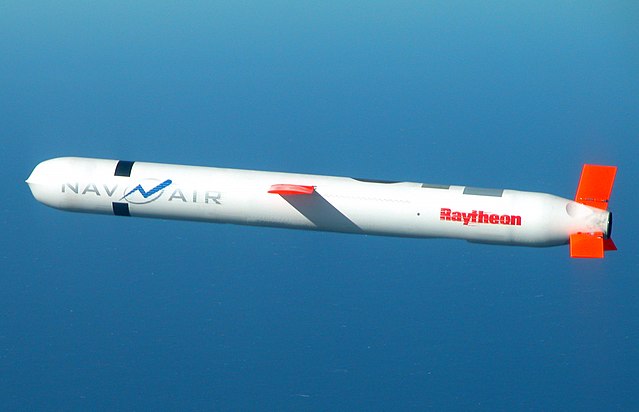Former Ukrainian Prime Minister Arseniy Yatsenyuk called for immediate confiscation of all frozen Russian assets during a CNN interview on 2 October, as European leaders wrestle with how to use €300 billion in frozen Russian central bank reserves.
Speaking to CNN’s Christiane Amanpour, Yatsenyuk urged Western allies to confiscate the frozen assets and transfer them directly to Ukraine.
His appeal came as Belgian Prime Minister Bart De Wever indicated his country might support the European Commission’s proposed “reparation loan”—if liability concerns are resolved. Earlier, De Wever said the plan “will never happen.”
What are the frozen assets?
When Russia launched its full-scale invasion in February 2022, Western nations froze approximately €300 billion in Russian central bank reserves held in their financial systems. These are sovereign assets—funds Russian government invested abroad before the war. The largest portion, €183 billion, sits in Euroclear, a Belgian-based securities depository that handles cross-border transactions.
When sources say Belgium “holds” these assets, the funds are physically located in Euroclear’s accounts in Brussels, even though they legally belong to the Central Bank of Russia.
This geographic concentration puts Belgium at a unique financial and legal risk if the assets are used for Ukraine.
Confiscation vs. collateralization
Yatsenyuk and the Ukrainian leadership advocate for outright confiscation and transfer of the frozen funds to Ukraine.
“Russia has violated international law. Russia has committed an act of aggression. Russia is committing crimes against humanity. And there is only one way to make Russia accountable,”
Yatsenyuk told Amanpour.
The European Commission’s proposal takes a different approach. Rather than confiscating the assets, it would use them as collateral for up to €140 billion in loans to Ukraine. Ukraine would only repay once Russia pays war reparations.
According to a Commission document circulated to EU ambassadors, “this whole operation would not touch the sovereign assets of Russia” directly, making it legally distinct from confiscation.
But De Wever disputes this semantic distinction: “If I take your money and I use it, I think you will say that’s a confiscation.”
Belgium’s concerns
De Wever’s hesitation reflects Belgium’s exposed position. The country fears facing arbitration claims if Russia demands its money back through international courts. Belgium also stands to lose €1.3 billion annually in corporate tax from Euroclear’s earnings on the frozen funds—revenue it currently spends on aid to Ukraine.
“It’s absolutely clear that Belgium cannot be the only member state carrying the risk,”
De Wever said at the Copenhagen summit on 1-2 October. “I would like to know before we go forward—who is going to embark on that boat with me?”
Von der Leyen assured that “the risks have to be put on broader shoulders,” signaling efforts to distribute liability across multiple EU member states through a “coalition of the willing.”
Mounting pressure from multiple fronts
Trending Now
The frozen assets debate has intensified across Europe. German Chancellor Friedrich Merz has become the plan’s most vocal supporter. Finland, Sweden, Estonia, and Denmark also back the proposal. French President Emmanuel Macron cautiously welcomed the plan but insisted on legal safeguards.
Yatsenyuk’s CNN appearance adds another voice to this chorus.
During the interview, the former prime minister also called for additional military support, including Taurus missiles from Germany and Tomahawk cruise missiles from the United States. Yatsenyuk noted that the Trump administration is “weighing deliveries” of long-range American weapons.

Tomahawk missiles unlikely for Ukraine, Reuters sources say, as Pentagon examines European workaround
Ukraine spends $172 million per day on the war, amounting to 31% of its GDP. Russia spends nearly $1 billion daily, with 41% of its budget devoted to defense, according to Ukrainian military intelligence chief Kyrylo Budanov.
Political obstacles remain
The Commission designed the loan mechanism to bypass potential vetoes from Hungary and Slovakia, whose governments have repeatedly blocked Ukraine support. EU must renew the sanctions unanimously every six months. This vulnerability concerns Belgium, as it would shoulder the risk if other countries refuse to extend sanctions.
Moscow has denounced the proposal as “pure theft” and threatened legal action.
Kremlin spokesperson Dmitry Peskov warned that anyone misappropriating Russian assets “will be prosecuted in one way or another.”
The proposal will likely return to the EU summit in late October, leaving Ukraine’s financial future unresolved and the broader debate over whether frozen assets should be used more aggressively.

